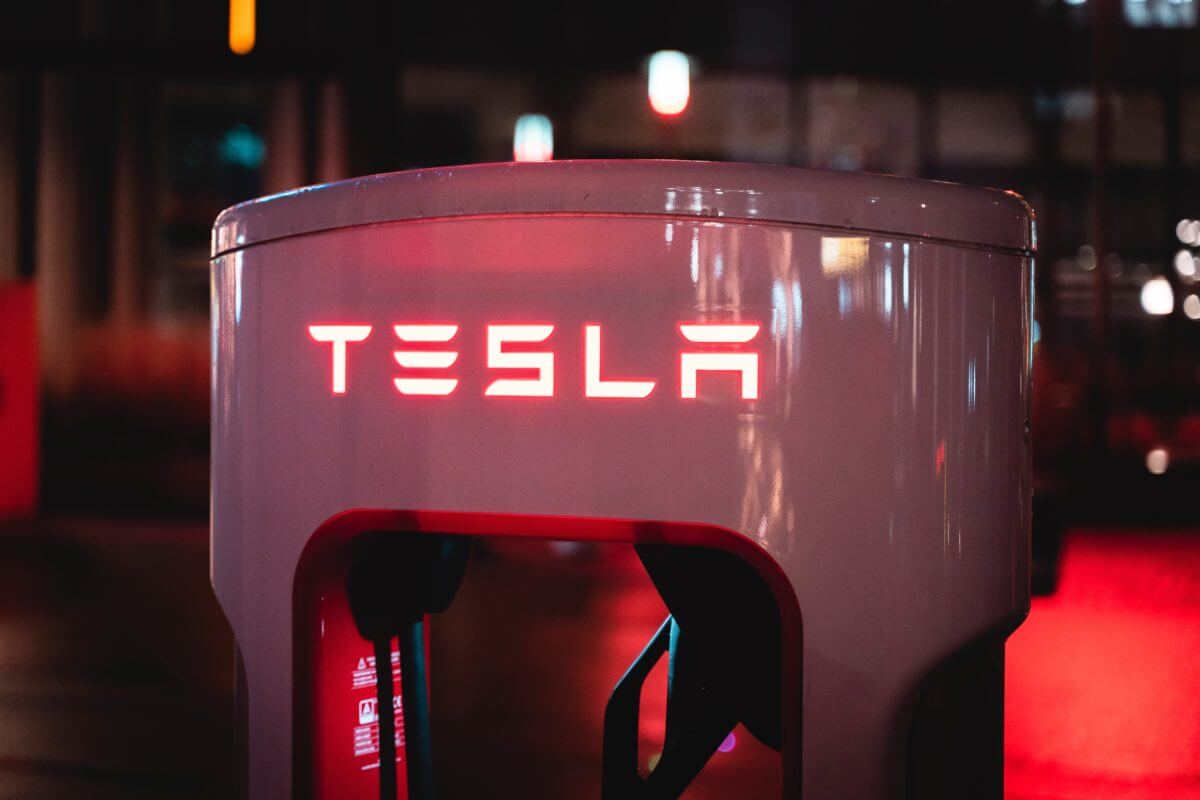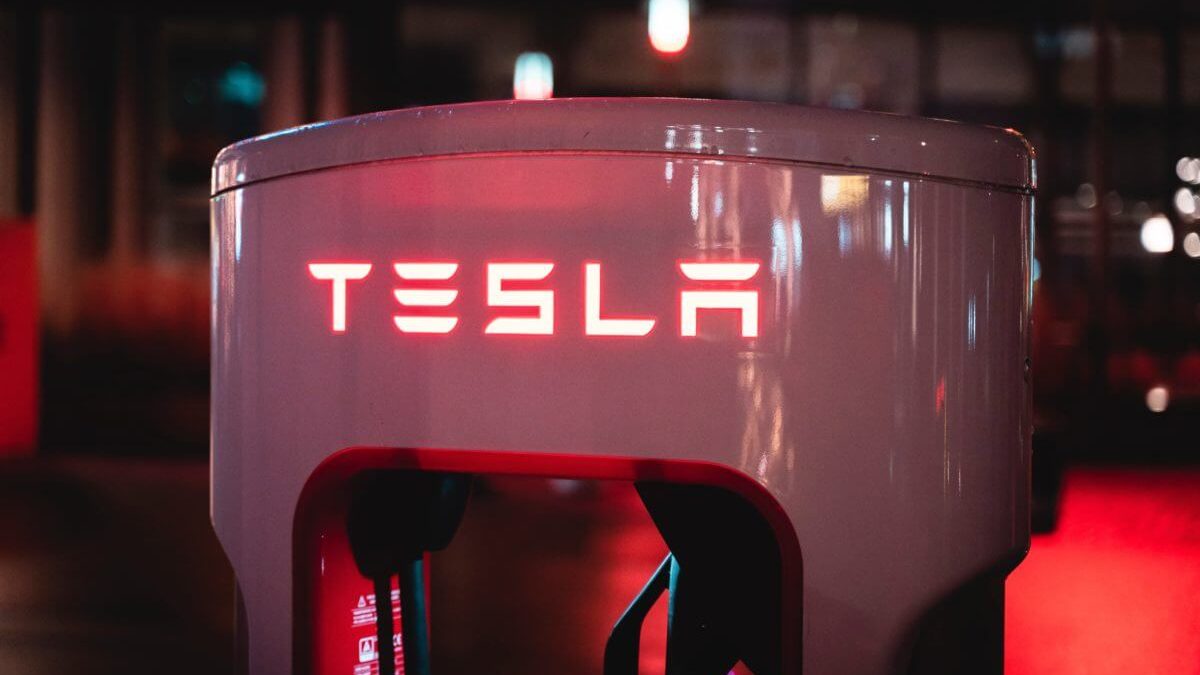
Tesla Cuts Model Y Production in Shanghai by Over 20%
Quick Look:
- Production Cut: Tesla reduced Model Y production at its Shanghai plant by a double-digit percentage since March to address declining demand in China.
- Strategic Shift: Tesla is prioritizing autonomous driving technology and robotaxis over expanding vehicle sales targets, shifting focus from previous goals.
- Market Reaction: Tesla shares dropped by 3.5% and are down 30% this year due to slowed EV demand.
Tesla has significantly reduced the production of its popular Model Y electric car at its Shanghai plant by a double-digit percentage since March. This strategic move aims to tackle the declining demand for the ageing model in China, Tesla’s second-largest market, where the Shanghai facility sells most of the cars it produces. The fierce price war in the Chinese electric vehicle (EV) market, exacerbated by an economic slowdown, has led to intense competition among automakers.
A Strategic Shift: Prioritising Robotaxis Over Electric Cars
According to a source who chose to remain anonymous, the Shanghai plant, Tesla’s largest manufacturing hub globally, aimed to cut Model Y output by at least 20% from March to June. This goal, frequently reiterated in Tesla’s 2021 and 2022 impact reports, was conspicuously absent in the latest report published on Thursday. Instead, Tesla focuses on autonomous driving technology and robotaxis as its primary growth drivers.
Elon Musk, Tesla’s CEO, had previously declared in 2020 that the company aspired to sell 20 million vehicles annually by the decade’s end, a figure that would double the sales of Toyota, the world’s largest automaker. However, in a recent update, Tesla announced plans to abandon the production of a new model priced at $25,000. Instead, the company will enhance its existing product lines to create more affordable vehicles. This shift should result in smaller cost reductions and modest volume growth compared to the anticipated new model.
Impact on Tesla’s Market Position and Future Prospects
Tesla’s strategic shift has not gone unnoticed in the financial markets. On Thursday, Tesla shares dropped by 3.5%, contributing to an approximately 30% decline this year. The slowdown in EV demand and fierce competition have significantly impacted Tesla’s market position. In 2023, Tesla’s sales growth was 38%, falling short of the company’s long-term annual growth target of 50%. The company also reported its first year-on-year sales drop in nearly four years from January to March.
Tesla has undertaken a restructuring effort, which included laying off over 10% of its workforce and disbanding its Supercharger team. Despite these setbacks, Tesla remains committed to its new strategic direction. The company plans to host a launch event for its robotaxi on August 8, signalling its focus on autonomous driving technologies and robotics. A significant portion of Tesla’s 2030 goal was based on the promise of introducing affordable cars priced around $25,000.
The Future of Tesla in a Competitive EV Market
Tesla’s decision to reduce Model Y output and pivot towards robotaxis highlights the evolving dynamics in the EV market. The company is navigating through a period of slowing growth and intense competition, necessitating strategic adjustments. Elon Musk has emphasised that robotaxis and the company’s humanoid robot, Optimus, will be “incredibly profound” for Tesla’s future. However, Musk has remained vague about the timeline for launching low-cost cars, adding uncertainty to Tesla’s market outlook.
As Tesla adapts to these challenges, its ability to innovate and lead in the autonomous driving sector will be crucial. The upcoming robotaxi launch event could mark a significant milestone in Tesla’s journey, potentially redefining its market position and growth trajectory in the coming years.
The post Tesla Cuts Model Y Production in Shanghai by Over 20% appeared first on FinanceBrokerage.

